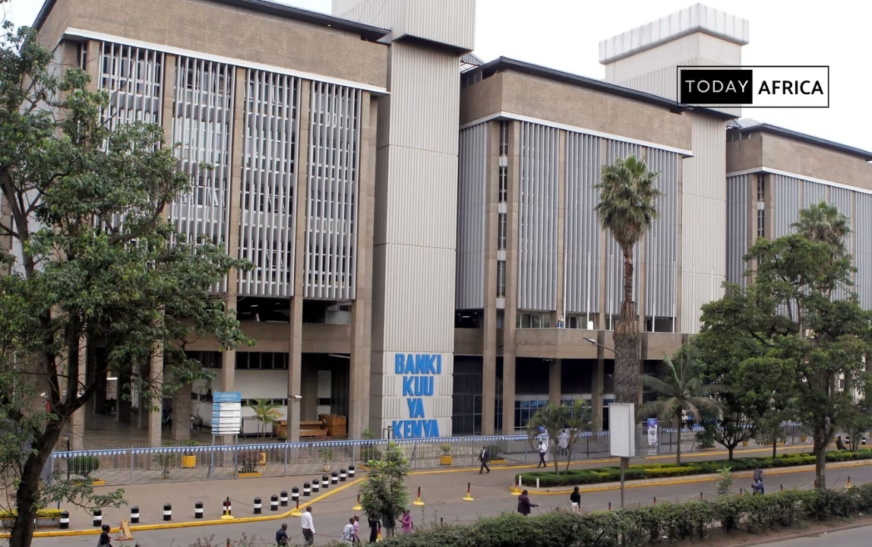Kenyan court ruling on unequal pay states that paying workers different salaries for the same role is unlawful, in a ruling that could have far-reaching implications for tech startups and SMEs.
The case stemmed from a complaint by Tom Oduor, a former manager at Dawa Life Sciences, who alleged he was paid less than colleagues performing the same role.
In a ruling delivered on April 9, Justice Stella Rutto of Kenya’s Employment and Labour Court ordered the company to pay him $30,000 (KES 3.88 million) in compensation for discriminatory pay, unfair dismissal, and accrued leave.
The ruling lands close to home for Kenya’s tech sector, where wide, unexplained pay gaps often mark roles like software engineering, design, and product management.
Many startups and SMEs rely on lean HR structures and negotiation-based offers, but such practices may not shield them from liability under this ruling.
“In as much as the claimant may have accepted contractual terms that were less favourable compared to his counterparts, there was a statutory duty on the part of the employer to ensure fairness across the board and strive to eliminate and discriminatory policy or practice in the workplace,” Justice Rutto said in her ruling.
Justice Rutto’s judgment could expose startups and small firms with opaque pay structures to legal risk, especially where salary disparities cannot be justified.
The Judge said Kenya’s employment laws obligate employers to uphold fair labour practices, including ensuring equal pay for equal work.
Read Also: Why Kenyans are using mobile money more but sending less
She cited a breach of constitutional protections under Article 27 of the constitution and Section 5 of the Employment Act, placing the burden of proof on employers to demonstrate that pay differences are not discriminatory.
“By dint of Section 5(7) of Employment Act, the employer bears the burden of proving that the discrimination did not take place as alleged and that the discriminatory act is not based on any of the grounds specified within that sector,” the Judge said.
The ruling comes against a backdrop of rising employment disputes in Kenya, supported by an assertive workers’ court.
On March 28, a Nairobi court ordered neobank Umba to pay $21,600 (KES 2.88 million) in damages and legal costs for unfairly terminating one of its executives.
The ruling came two weeks after another court ordered Marketforce Technologies, once a rising star in Africa’s B2B e-commerce sector, to pay $16,000 (KES 2.1 million) to a former employee for wrongful termination, highlighting legal challenges for startups navigating employment laws in the East African country.
Comment and follow us on social media for more tips:
- Facebook: Today Africa
- Instagram: Today Africa
- Twitter: Today Africa
- LinkedIn: Today Africa
- YouTube: Today Africa Studio
















